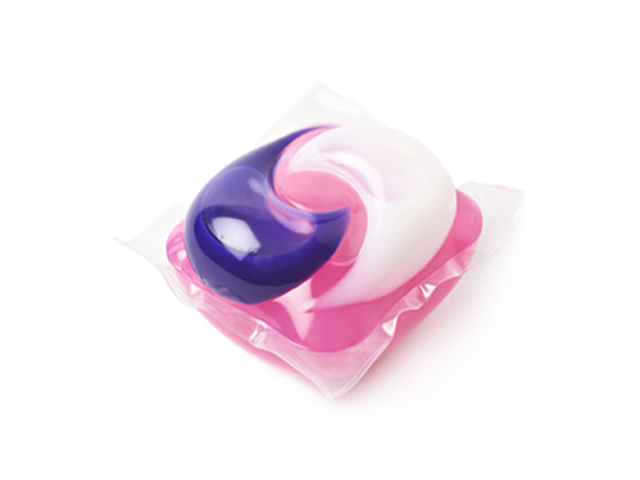Children are being poisoned by laundry detergent pods, according to a new study. These pods are becoming a rising safety concern for kids, as thousands are being poisoned every year.
The study from the Research Institute at Nationwide Children’s Hospital in Columbus included over 60,000 children under 6 years old. These children were exposed to some form of laundry detergent, mainly from ingestion. They used data from the National Poison Data System.
The researchers found that the most exposures of detergent in children were caused by pods. During the one-year period of the study, they found a 17 percent increase in laundry pod exposure and dishwasher pod exposure.
They also found that the children with the most harmful health effects were more likely to have been exposed to pods rather than other detergents.
The study is actually an underestimation because “number of pediatric exposures to detergent is underestimated because not all exposures are reported to Poison Control Centers,” the study authors wrote.
According to the study, “laundry detergent packets are more toxic than other types of detergents.” The authors advise that households with children under the age of 6 should ditch pods and use traditional detergents instead.
”Detergents should be stored up and out of sight of children and in a locked cabinet to help prevent exposures,” the researchers wrote. “When detergents are in use, parents and child caregivers should not leave the product accessible to children.”
The reason pods have become such a problem is because of their attractiveness to children. Young kids may mistake the pods for candy or a sweet treat, because of the bright packaging and colors.
The American Cleaning Institute, which represents American cleaning products released a statement addressing pods:
In addition to our industry’s ongoing efforts to educate consumers on proper product safety and storage, manufacturers are implementing a series of packaging and labeling measures as part of a new international standard that will help reduce accidental exposures.
The laundry packet standard also calls for changes to the packets themselves to deter accidents once a child has gained access to one: ensure packets withstand the squeezing pressure of a child; include a soluble film containing a bitter substance; and use a film that leads to the bitter substance being tasted before any liquid contents are released.
The study showing that children are being poisoned by laundry detergent pods was published in the journal Pediatrics.
Note: None of the information in our website is intended to diagnose, treat, cure or prevent any illness or disease. The content on our website is for educational purposes only.
DON’T FORGET to sign up for our weekly newsletter to get our latest articles, updates, free recipes and giveaways.
60,000 kids are poisoned every year by this.
FDA recommends reducing arsenic in infant rice cereal.
Kids’ fruit drinks and juices contain a day’s worth of sugar.
REFERENCES:
1. “More Kids Being Poisoned by Detergent Pods: Study.” WebMD. WebMD, n.d. Web. 25 Apr. 2016.
2. “Detergent Pods Remain a Danger for Young Children, Study Finds.” ABC News. ABC News Network, n.d. Web. 25 Apr. 2016.
3. “American Cleaning Institute Response – Pediatrics Study on Exposures to Detergent Packets.” American Cleaning Institute. N.p., n.d. Web. 25 Apr. 2016.
4. “Pediatric Exposure to Laundry Detergent Pods.” Pediatrics. N.p., n.d. Web. 25 Apr. 2016.

















